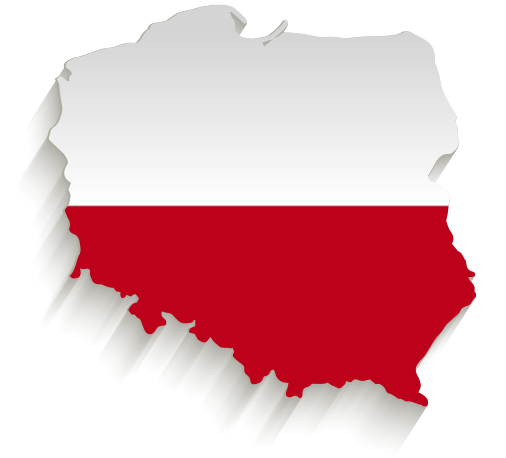(Grant Agreement n. 669194)
Narodowy Bank Polski and Bank Handlowy were Poland’s two principal financial institutions. While the former supervised monetary policy, the latter was responsible for foreign trade transactions. With branches in global financial centres such as London and New York, Bank Handlowy serviced all foreign trade deals and secured flows of debt to Poland.
The two banks and the Ministry of Finance employed leading financial experts, who often transferred from one institution to the other or held two positions concurrently. Among others, this was the case of Witold Bień, Henryk Kisiel and Marian Krzak. These people played critical roles in maintaining relations with Western bankers and therefore in securing access to credits at beneficial rates. Their tasks involved receiving foreign delegations in Poland and frequently travelling to the West.
Despite their paramount practical roles, however, the bankers had very little influence on policymaking in the 1970s. In the early years of the decade, bank representatives sometimes participated in meetings of the Presidium of the Council of Ministers and prepared reports for its gatherings. However, being one of the first groups to realise and warn about the perils of rising indebtedness, they were quickly accused of pessimism and marginalised. From 1974 their reports univocally called for limiting foreign currency expenditure and warned against expensive short-term credits. At the end of the decade, however, their role increased. Facing problems with maintaining the balance of payments and securing flows of credit, the party leadership needed to rely on the contacts and expertise of bankers. In this period, they lobbied for joining the International Monetary Fund and the World Bank and for seeking debt rescheduling. During the debt crisis in the early 1980s, their views reportedly clashed with the opinions of the Planning Commission, which called for debt repayment obligations not to be fulfilled.
* This text summarises some of the research findings of PanEur1970s team member Aleksandra Komornicka, which are published as a chapter in PanEur1970s’ academic edited book. For a link to the e-book, please see Poland’s “Overview” webpage of this map.
|
Report: Wstępne poglądy strony polskiej w sprawy RWPG i krajami RWPG z EWG
AAN, KC PZPR 1354, V/101 | p. 7/12-11/16; Zał. do RW/098/tjn/72/wych., p.1-4
The Politburo accepted the report on Poland's position towards the EEC. - Available here. |
|
Report: Zasady polityki kredytowej w zakresie obrotw płatniczych z zagranicą w latach 1972-1975 [Principles of credit policy 1972-1975]
AAN, KC PZPR 1354, V/93 | p.865/977-880/997, p.1-13 and appendix
Report encouraging to take advantage of foreign credits and describing credit opportunities on the West. - Available here. |
|
Minutes from government meeting
AAN, URM 290, 5.4/71 | p.1-164, RM032-4-74
Dispute between Piotr Jaroszewicz and Stefan Jędrychowski. - Available only in the archives https://www.aan.gov.pl |
